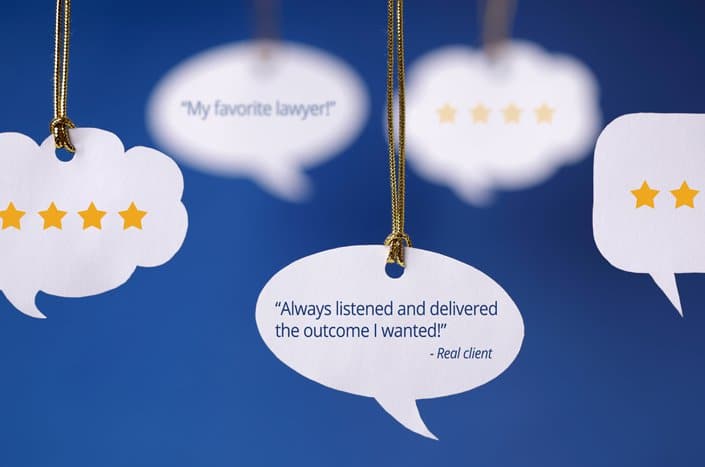For the first time, Google has released the full version of its Quality Raters Guidelines and Handbook. Google provides the 160 page .pdf to its human testers, who perform searches and rate the results based on these guidelines. Google then uses this rating information to enhance its algorithm in an attempt to continuously improve results for searchers.
Raters assign a Page Quality rating based on a sliding rating scale. The scale contains five primary rating options: Lowest, Low,...
Read More








